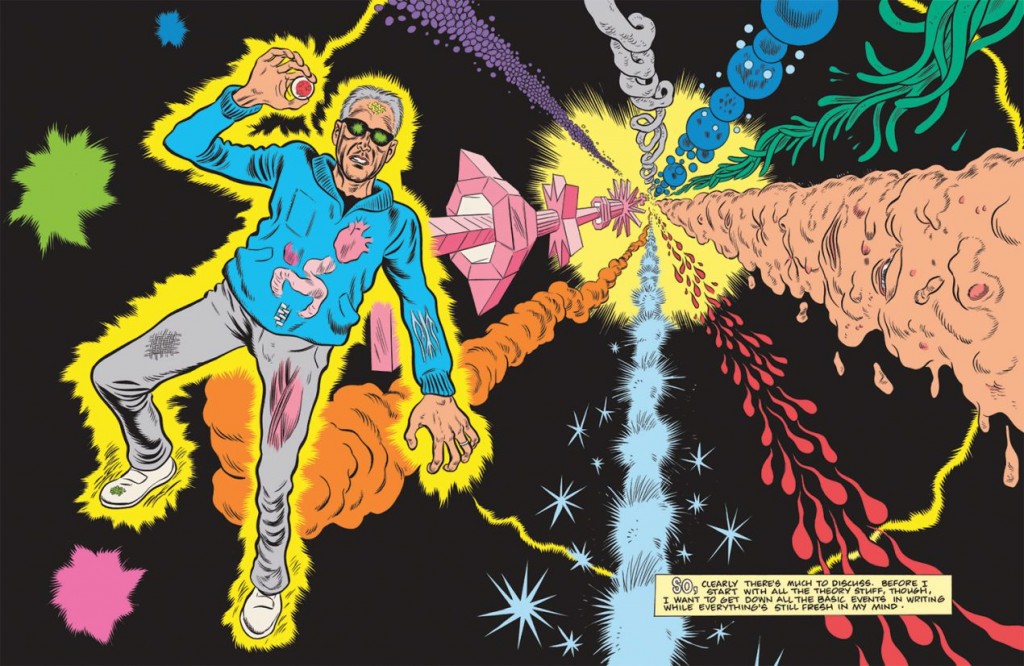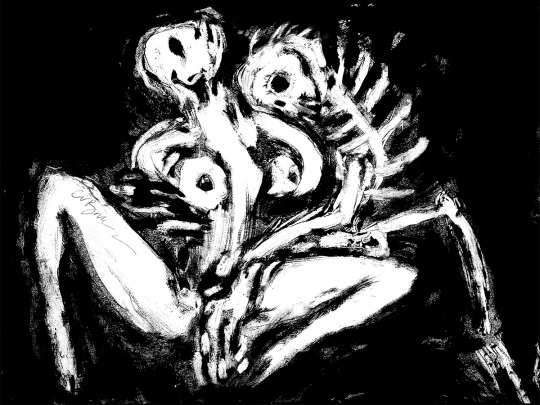They call him the Punisher, and he’s got the whole Marvel Cinematic Universe in his crosshairs.
Don’t get me wrong: In “Dogs to a Gunfight,” the second episode ofDaredevil’s second season, the vigilante’s victims are still primarily career criminals, with the consciences of less lethal extralegal do-gooders like Matt Mudock (Charlie Cox) and company serving as collateral damage. But a character like the Punisher (Jon Bernthal) doesn’t just challenge the acceptable bounds of superhero violence and morality — he threatens the structural integrity of the shared superhero universe itself.
Fictional worlds like the MCU thrive on the idea that its characters can meet, team up, and/or fight, whether those crossovers are theoretical or actual. But in general — particularly in the comics, where massive “event” crossovers, however common, are still dwarfed in number by the month-to-month sagas of individual series — every hero stays in their own backyard, dealing with their own stable of villains, many of whom just so happen to be mass murderers. The Punisher, a mass murderer of murderers, upsets the applecart. With this guy floating around, why are the Green Goblins and the Wilson Fisks, the Jokers and the Lex Luthors, still alive and kicking? Wouldn’t he make tracking them down and taking them out a priority? Wouldn’t that force the other heroes to defend their worst enemies, vicious killers all — or reveal those heroes as choke artists, whose precious but deeply weird morality (punching people into unconsciousness or dangling them off rooftops for information is fine, killing mass murderers in the midst of a firefight is beyond the pale) is a meaningless, if not outrightly deceptive, fig leaf over the choice to let monsters roam free for the sake of further adventures?
This, even more than the violence he perpetrates, is what makes the Punisher such a fearsome figure. Superhero comics have numerous cracks in their suspension-of-disbelief bridges upon which it is ill-advised to lean too heavily: mutants, for example, have served as inspiring and empathetic audience-identification figures for generations of outcast groups — black, Jewish, queer, disabled, merely geeky, you name it — by fighting to protect both themselves and the world that hates and fears them. But none of the aforementioned groups can shoot laserbeams from their eyeballs, you know? There’s a reasonthe people of the Marvel Universe hate and fear mutants: They’re dangerous as fuck! This makes their appeal as a metaphor for civil rights or what have you more emotional than intellectual. We simply agree to look past that, the same way (say) we accept that a superheroic society in which gods and ghosts and sorcerers supreme routinely roam around in city streets is fundamentally the same as our own, in which the existence of the supernatural remains resolutely unverifiable. The Punisher, then, is a one-man distillation of a similar faultline in the superhero-universe metafiction, a perplexingly undeployed human drone strike against the countless metahuman Bin Ladens whom the Avengers or the Justice League allow to roam free. In his way he’s as threatening to the fabric of superhero-universe reality as a Lovecraftian god or Lynchian demon is to ours. He should not be, yet there he is.


